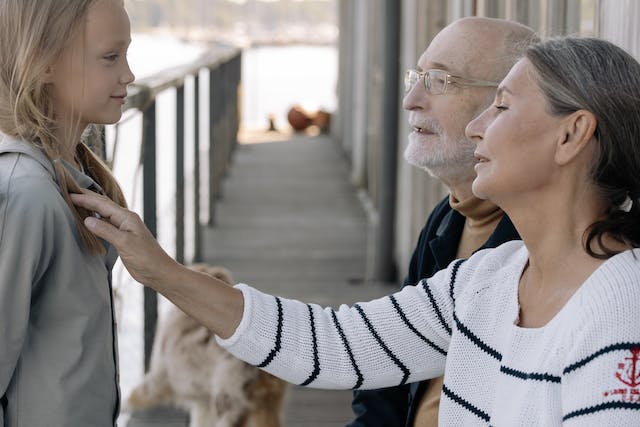Introduction:
In today’s fast-paced world, where time seems to slip through our fingers, the need for comprehensive and compassionate care for our loved ones has become more crucial than ever. As families navigate the challenges of providing assistance to those who require constant support, 24-hour in-home care emerges as a valuable solution. This blog explores the benefits and significance of 24-hour in-home care, shedding light on how it positively impacts the lives of both caregivers and recipients.
The Importance of In-Home Care:
As the aging population continues to grow, so does the demand for quality care options. Many individuals prefer the comfort and familiarity of their own homes, and in-home care offers a viable alternative to institutionalized settings. This is where 24-hour in-home care steps in, providing a continuous and personalized approach to caregiving.
- Preserving Independence: In-home care allows individuals to maintain a sense of independence and control over their lives. The familiar environment of their own home fosters a sense of security, contributing to emotional well-being.
- Personalized Care Plans: One of the key advantages of 24-hour in-home care is the ability to tailor care plans to individual needs. Caregivers work closely with families and healthcare professionals to create a customized approach that addresses specific health conditions, preferences, and routines.
- Continuous Monitoring: Around-the-clock care ensures that individuals with chronic conditions or those recovering from surgery receive continuous monitoring and timely assistance. This level of care can be particularly crucial for those with complex medical needs.
The Role of Caregivers:
The heart of 24-hour in-home care lies in the dedication and expertise of caregivers. These compassionate professionals play a pivotal role in enhancing the quality of life for their clients. Their responsibilities extend beyond basic assistance to encompass emotional support, companionship, and maintaining a safe environment.
- Compassionate Companionship: Loneliness and isolation can have detrimental effects on mental health, especially for the elderly. In-home caregivers provide companionship, engage in meaningful conversations, and participate in activities that bring joy and fulfillment.
- Skilled Assistance: Trained caregivers possess the skills needed to assist with daily activities such as bathing, dressing, medication management, and mobility support. Their expertise ensures that clients receive the appropriate level of care with dignity and respect.
- Family Collaboration: Caregivers collaborate closely with family members, fostering a supportive network. Open communication allows for adjustments to the care plan as needed and ensures that the individual’s evolving needs are met.


Leave a Reply